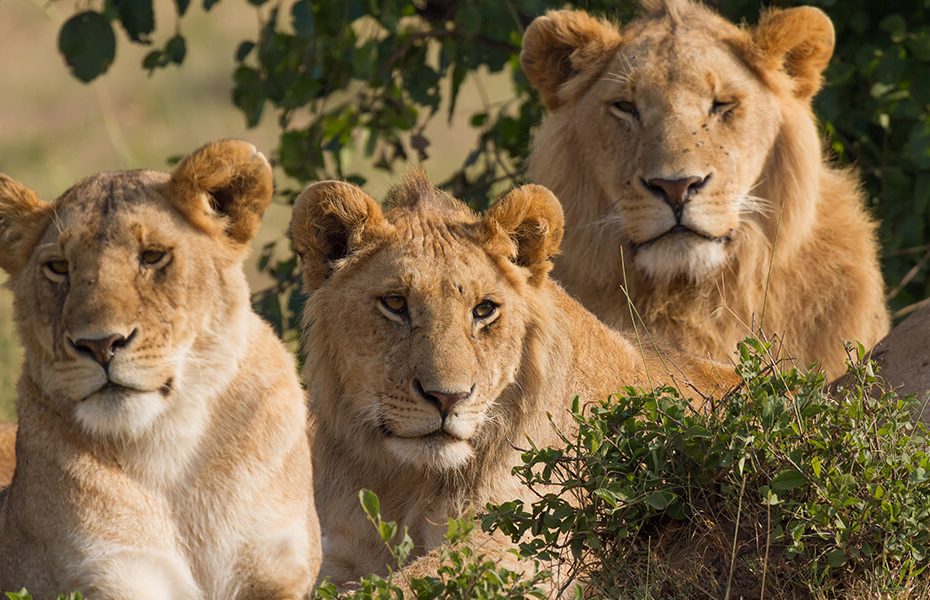
A new study published last month found that a trophy hunting ban in South Africa could significantly exacerbate biodiversity loss in the country.
Researchers from Rhodes University in South Africa conducted interviews with landowners currently operating trophy hunting businesses. A majority (91%) of landowners reported that the economic viability of their private land and the biodiversity on it would be lost following a hunting ban.
“Advocacy groups promoting and pressuring policymakers to end all trophy hunting (as well as use and trade of wildlife) need to consider the potential ramifications of such bans. If an end to trophy hunting is the ultimate goal because of its moral unacceptability, the impact on conservation and community livelihoods that depend on hunting needs to be accounted for,” researchers say.
“If conservation is indeed an important goal of those calling for an end to trophy hunting, alternative revenue streams and transition plans need to be developed for landholders and communities where hunting is a key source of income. This will sustain both conservation land use and livelihoods.”
The study points out that formal privately protected areas and wildlife ranches cover 14%-17% of the country’s land area – double that of the state-owned protected areas. But two-thirds of the private landowners researchers interviewed said they wouldn’t be able to transition their trophy hunting businesses to another tourism-based venture like eco-tourism.
SEE ALSO: Namibian Government Launches Campaign to Combat Trophy Hunting Bans
Of those landowners, half said they would transition back to livestock farming, retrench some staff and remove wildlife from their properties. The other half felt that they would have no viable alternative.
These changes could lead to a significant reduction in biodiversity in the country because landowners who run wildlife ranches play a huge role in species conservation.
Critics of trophy hunting claim that hunting operations could simply transition to photographic tourism. But a study done in Zimbabwe 12 years ago showed that trophy hunting was more resilient than photographic tourism because hunters are more willing to travel under riskier circumstances than photographic tourists.
According to the study from Rhodes University, these results show that hunters will be much more likely to revive the tourism economies decimated by the COVID-19 crisis. Hunters will be willing to travel sooner than other types of tourists, despite the risks from the virus.
Other African countries agree on the importance of the trophy hunting industry. In March of this year, the Namibian government launched a campaign to combat activists pushing for a trophy hunting ban in the country.
